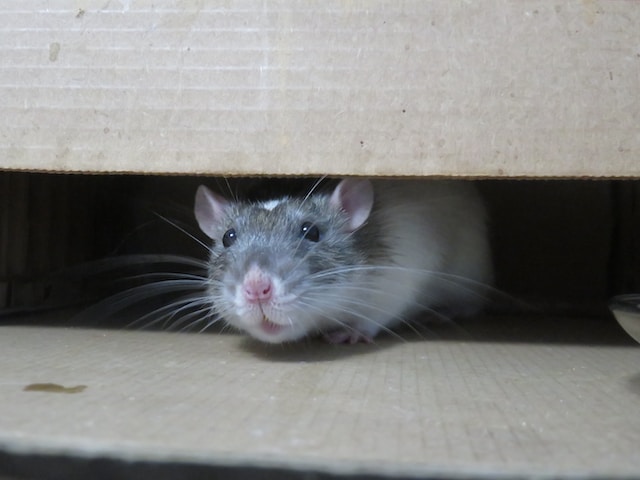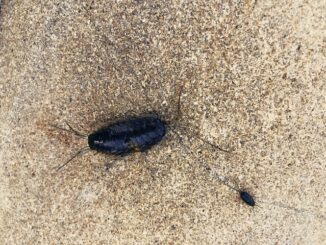
Introduction
Pest control is a critical aspect of maintaining a healthy and safe living environment. As pests continuously evolve and adapt, it is essential to keep abreast of the latest trends and innovations in pest management. In this article, we will explore some of the most effective pest control Vancouver strategies based on keyword research and the latest trends. By implementing these techniques, you can safeguard your home, business, and community from the threat of pests.
Integrated Pest Management (IPM)
Integrated Pest Management (IPM) is a holistic approach to pest control that focuses on long-term prevention and eco-friendly solutions. The primary goal of IPM is to minimize the use of harmful chemicals and pesticides while effectively managing pest populations. This approach combines various strategies, including:
a. Inspection: Regularly inspecting your property for signs of pests is crucial for early detection and prevention. By identifying pest entry points and vulnerable areas, you can address the root cause of infestations.
b. Prevention: Implementing preventive measures, such as sealing cracks and gaps, installing screens, and maintaining cleanliness, can significantly reduce the chances of pest invasions.
c. Biological control: Introducing natural predators or parasites that target specific pests can help keep their populations in check. This approach is eco-friendly and safe for humans and pets.
d. Chemical control: If necessary, the use of pesticides is limited to targeted applications in specific areas. Selective and low-toxicity pesticides are preferred to minimize harm to non-target organisms.
Organic Pest Control
As environmental concerns continue to grow, the demand for organic pest control methods has increased. Organic pest control relies on natural substances and processes to manage pests effectively. Some popular organic pest control methods include:
a. Neem oil: Derived from the neem tree, neem oil acts as a repellent and disrupts the lifecycle of various pests.
b. Diatomaceous earth: This natural, abrasive substance damages the exoskeleton of insects, causing dehydration and death.
c. Beneficial nematodes: These microscopic organisms target and kill pests like grubs, fleas, and cutworms without harming plants, animals, or humans.
d. Essential oils: Certain essential oils, such as peppermint, eucalyptus, and lavender, possess insect-repelling properties and are safe for indoor use.
Smart Pest Control Technology
Advancements in technology have also revolutionized the pest control industry. Smart pest control devices and systems offer more efficient and data-driven solutions. Some examples of smart pest control technology include:
a. Smart traps: These traps use sensors and cameras to detect and capture pests. They can be monitored remotely, reducing the need for constant physical checks.
b. Automated pest control systems: Smart systems can release the right amount of pesticides at the right time, based on data gathered through sensors and historical pest activity.
c. Remote monitoring: Pest control professionals can now monitor and assess pest situations from a distance, optimizing their response strategies.
Climate Change and Pest Distribution
Climate change has a significant impact on the distribution and behavior of pests. As temperatures rise, pests are expanding their ranges and becoming more resilient. It is essential to consider these changes when developing pest control strategies. Local authorities and pest exterminator Vancouver experts must adapt their approaches based on the evolving pest patterns caused by climate change.
Conclusion
Staying informed about the latest trends and innovations in pest control is crucial for effectively managing pest infestations. Integrated Pest Management (IPM) remains a leading strategy, emphasizing prevention and eco-friendly solutions. Organic pest control methods are gaining popularity due to their minimal environmental impact. Additionally, smart pest control technologies offer data-driven and efficient solutions. Lastly, acknowledging the impact of climate change on pest distribution is vital for adapting pest control practices accordingly.
By combining these strategies and staying vigilant, individuals and communities can protect their homes, businesses, and the environment from the threats posed by pests. Remember that early detection and proactive measures are key to staying ahead in the battle against pests.





